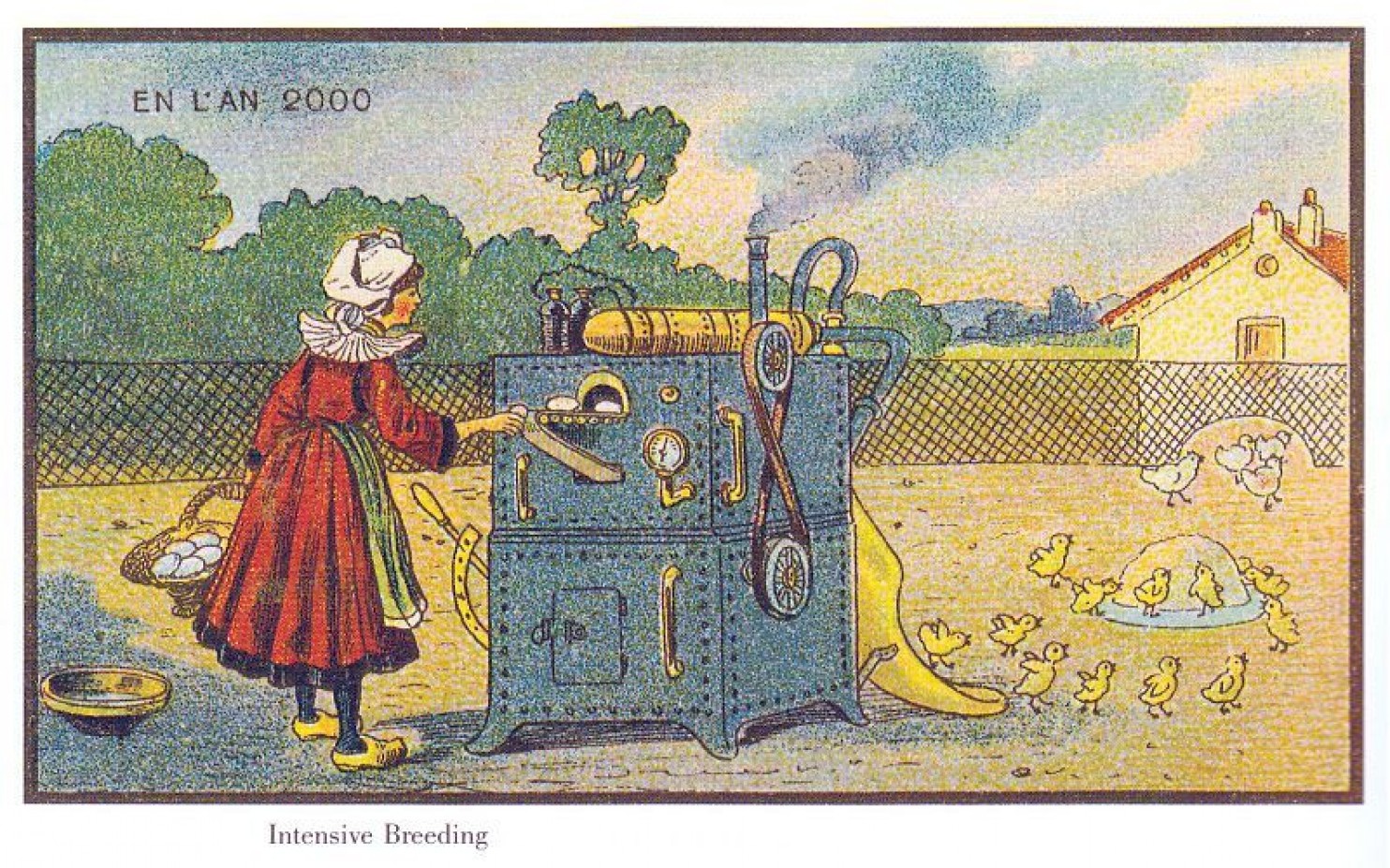People have always been intrigued of what the future will look like. The answers are quite simple and here we have them for the next 50 years.
To be able to understand the future, we must know the past. What has taken us to where we are today and what has changed along the way.
The world has changed a lot in the last 150 years, but we humans are driven by the same basic needs as we were 150 years ago, food, sleep, sex, the feeling of being appreciated and loved.
Another question : Will this change in the next 150 years?

